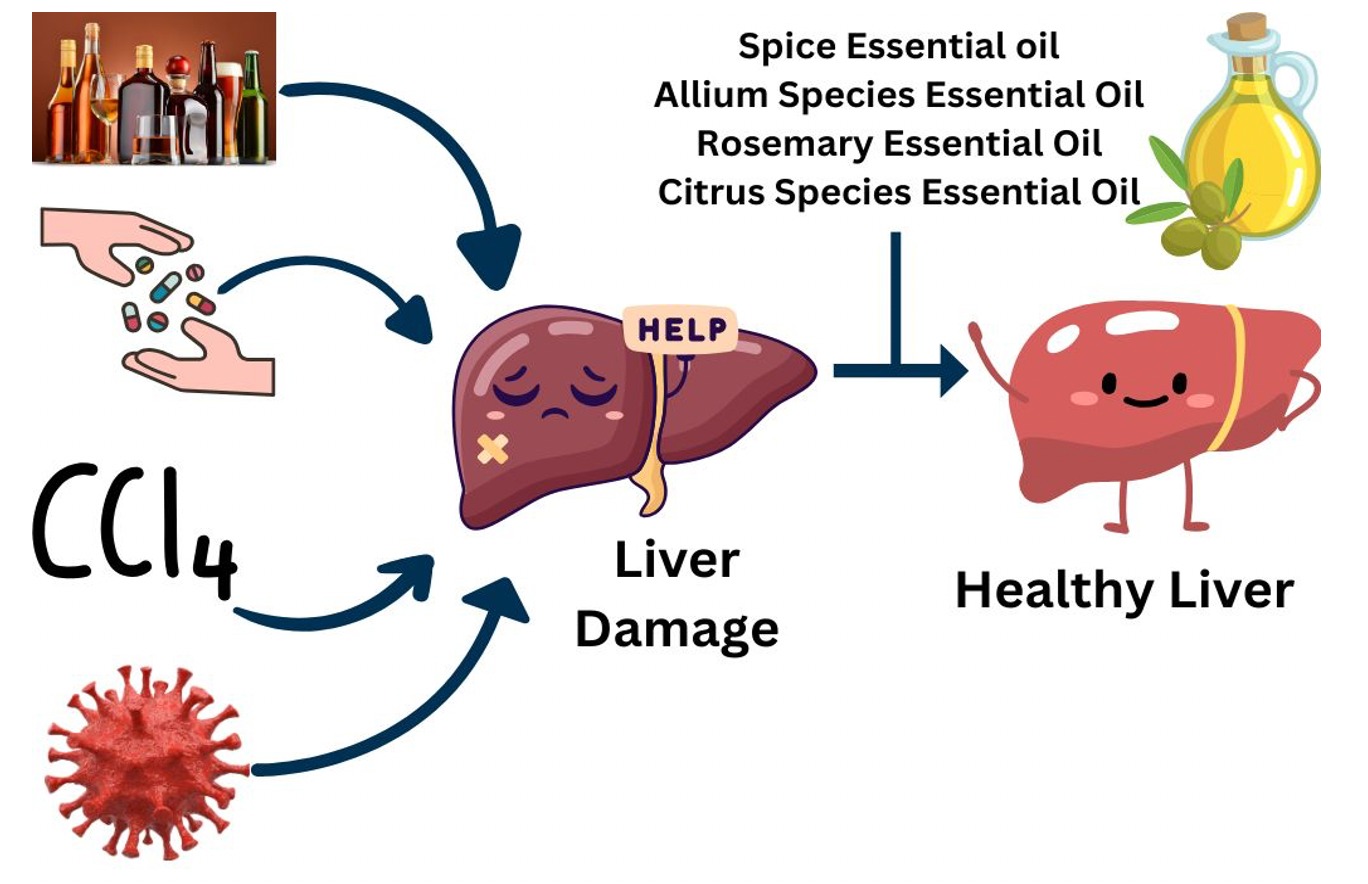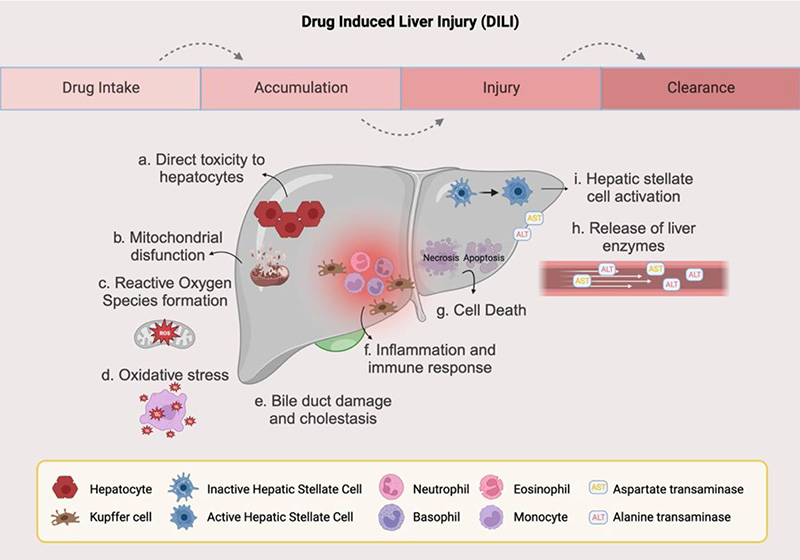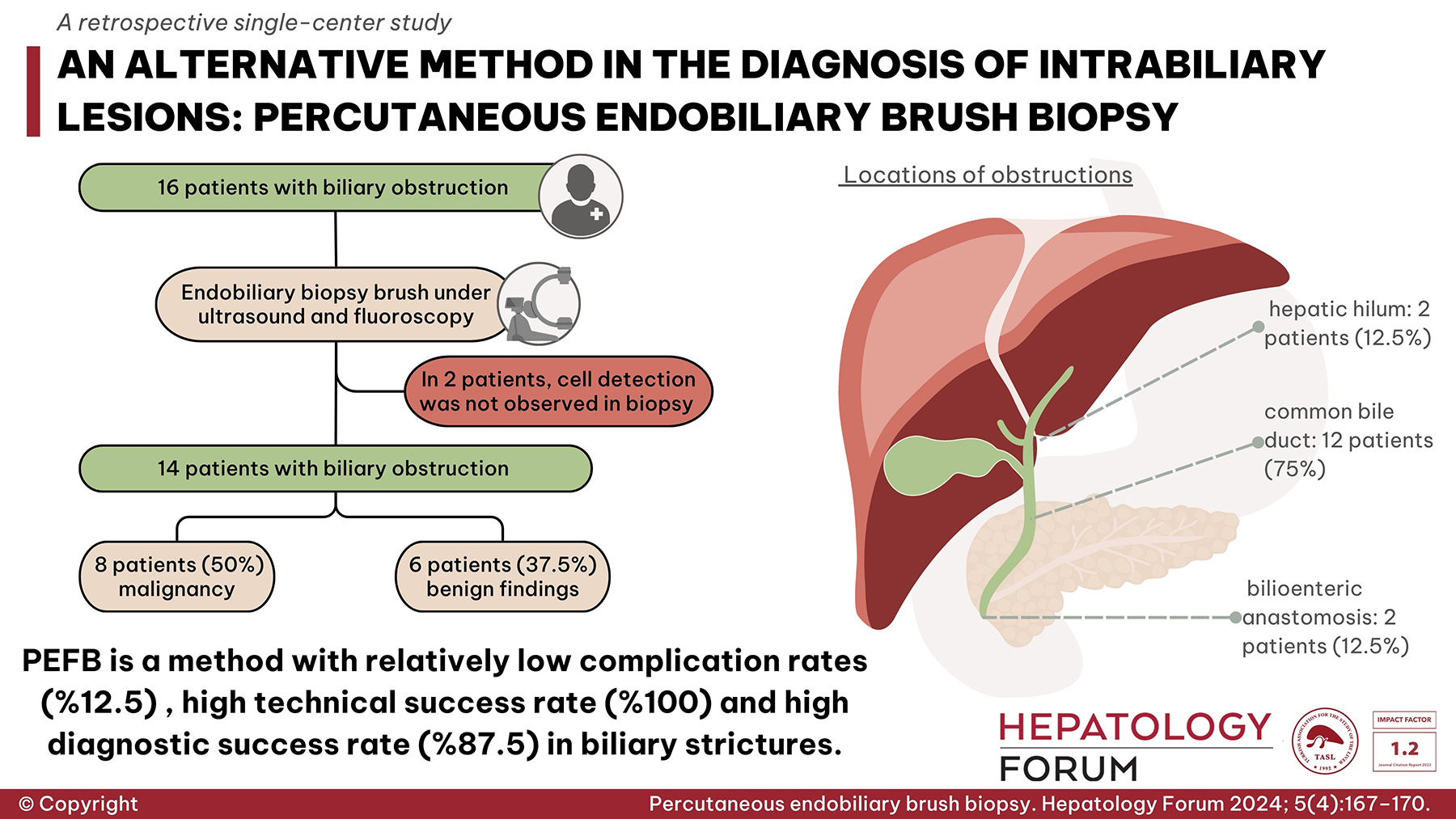2Department of Internal Medicine, Allegheny General Hospital, Pennsylvania, USA
3Department of Gastroenterology, University of Texas Health Science Center San Antonio, Texas, USA
4Department of Gastroenterology, Center for Advanced Therapeutic Endoscopy at Porter Adventist Hospital, Colorado, USA
Abstract
Background and Aims: Hepatic encephalopathy (HE) is an important cause of morbidity in cirrhosis patients. The presence of spontaneous portosystemic shunts (SPSS) is associated with an increased risk of recurrent/refractory HE. Embolization of SPSS has been shown to improve HE symptoms, but it may worsen portal hypertension and related complications. The aim of this study is to determine the efficacy of SPSS embolization for recurrent/refractory HE.
Material and Methods: Five databases were screened to identify studies assessing the efficacy of SPSS embolization for HE. The random-effects model was used to calculate the pooled rates, and I² values were used to assess heterogeneity.
Results: Twenty-one studies met the inclusion criteria, comprising a total of 331 patients with recurrent or refractory HE despite medical management. The etiology of cirrhosis includes ethanol abuse, chronic viral hepatitis, MASH, and others. Following embolization, 82% of patients had HE-related clinical improvement, and 71% of patients became free from HE-related hospitalization. The mean difference in pre- and post-embolization serum ammonia level was 104 [77–130], p < 0.01. Worsening portal hypertension following embolization presented as gastrointestinal bleed (10%), new or aggravated varices (15%), and new or aggravated ascites (15%).
Conclusions: SPSS embolization demonstrated improvement in HE-related clinical symptoms with a decreased need for hospitalization, but it exacerbates portal hypertension, increasing the risks of ascites, varices, and gastrointestinal bleeding. Future randomized controlled trials are needed to evaluate SPSS embolization efficacy against standard medical management.





 Parth Patel1
Parth Patel1 









